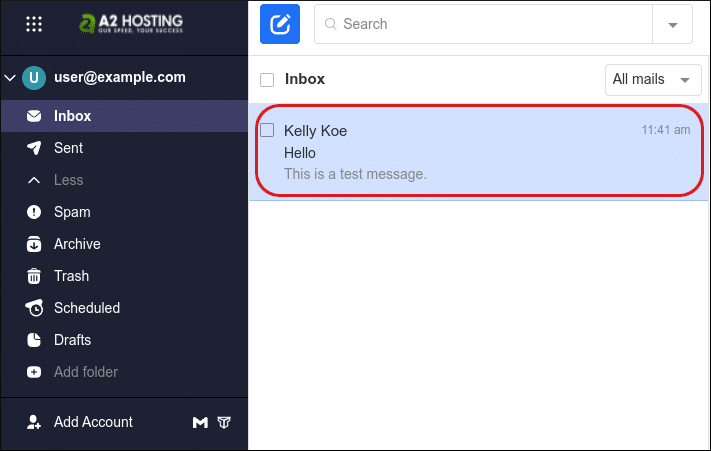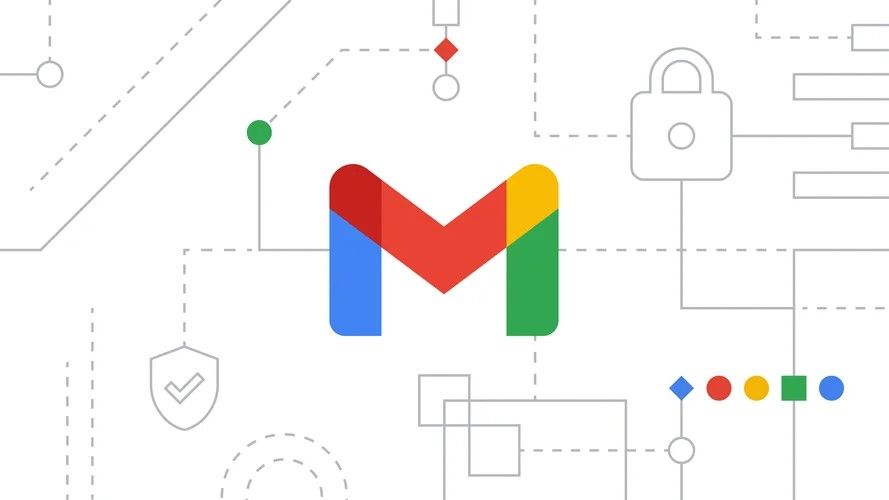Gareth Harte had the idea that changed his scope of business during a game of cornhole.
Harte is the founder and CEO of Telios, a Wilmington-based startup that provided an email service that used blockchain technology to protect user privacy. The tech entrepreneur was playing corn hole at Seven Mile Post, a local bar on Market Street, alongside his former employer and Live Oak Bank executive, Scott Roberts, late last year. The two began talking about what business would have been like when Harte still worked for Live Oak if AI had been around.
They decided Live Oak would not have been able to use AI because of the privacy concerns associated with the technology. This conversation inspired him to build an AI firewall and inadvertently change the course of his business.
What Harte built that night was a way for businesses to put their sensitive information into an outsourced AI large language model, like ChatGPT, and forgo the risk of a data leak. The encryption, by definition, scrambles information using math and allows the user to unscramble that information when they need to access it.
After making the model, Harte brought the idea to the other Telios founders, Youri Nelson and Stephen Hayes, the following morning, he said. He didn’t think the idea would change the course of their business – which it did – he just wanted their opinion on the program.
A couple of weeks later, the Telios team decided to offer the service to its clients. The new service quickly gained traction, Harte said.
“It just kind of seemed like there was just too much smoke for there to not be a fire,” Harte said. “We made the hard decision early this year in February to do a hard pivot and be completely focused on AI.”
The AI firewall is valuable for banks and tax and legal companies. It is standard practice for these companies that handle sensitive information to use encrypted data on the internet, but it is not so simple with AI, experts say.
AI language models parse through the information fed into them, and if the information is scrambled, it will come out scrambled and unusable. Harte figured out a way to replace sensitive information fed into the model with false data as a placeholder, then the model responds using the placeholder information. The firewall returns the real data into the response for the client, Harte said.
The reason businesses want to keep sensitive information out of large language models is because some AI models store data from user interactions in a database for a certain amount of time. Businesses don’t have a way of knowing the security of these databases, which can be a concern for companies putting proprietary business data or financial information into the model, Harte said.
From the initial launch of Telios’s AI service, the company went on to produce custom AI language models for its clients by using a model by Meta called Llama 2.
“Like the animal,” Harte said.
Llama 2 is an open-source model, or a basic AI language model that allows the programmer to add custom features for a particular use.
Because every business now has access to large language models, building custom models for businesses gives a competitive edge, Harte said.
Shifting the company’s focus proved to be successful for Telios, Harte said. While it kept its email server active, so those clients could continue to use its service, Harte said revenue is expected to increase tenfold by the end of the year.
The shift changed the company’s business model significantly, Harte said. Where Telios used to have about 7,000 clients using its email service for a monthly fee of about $15, now it has about four clients paying between $5,000 and $10,000 each month.
“I’m definitely glad that we changed and did this,” Harte said. “If I had to go back and do it again, I’d do it exactly the same way.”
https://www.wilmingtonbiz.com/technology/2023/10/20/telios_ceo_talks_shift_to_ai/24923




![Top 6 Server Management Software and Tools Compared [2023]](https://ta-relay-public-files-prod.s3.us-east-2.amazonaws.com/icp/product_images/23db1d70048ad120d46c9ea0e43f22e5.png)

